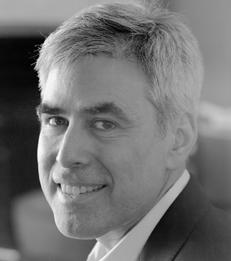Opinion
How to Play Our Way to a Better Democracy
—


If we “protect” kids from the small risks and harms of free play, we stunt their ability to handle challenges and recover from failures.
By Jonathan Haidt and Greg Lukianoff
Before he died, Senator John McCain wrote a loving farewell statement to his fellow citizens of “the world’s greatest republic, a nation of ideals, not blood and soil.” Senator McCain also described our democracy as “325 million opinionated, vociferous individuals.” How can that many individuals bind themselves together to create a great nation? What special skills do we need to develop to compensate for our lack of shared ancestry?
When Alexis de Tocqueville toured America in 1831, he concluded that one secret of our success was our ability to solve problems collectively and cooperatively. He praised our mastery of the “art of association,” which was crucial, he believed, for a self-governing people.
In recent years, however, we have become less artful, particularly about crossing party lines. It’s not just Congress that has lost the ability to cooperate. As partisan hostility has increased, Americans report feeling fear and loathing toward people on the other side and have become increasingly less willing to date or marry someone of a different party. Some restaurants won’t serve customers who work for — or even just support — the other team or its policies. Support for democracy itself is in decline.
Read the full New York Times article.
___
Jonathan Haidt is the Thomas Cooley Professor of Ethical Leadership.
When Alexis de Tocqueville toured America in 1831, he concluded that one secret of our success was our ability to solve problems collectively and cooperatively. He praised our mastery of the “art of association,” which was crucial, he believed, for a self-governing people.
In recent years, however, we have become less artful, particularly about crossing party lines. It’s not just Congress that has lost the ability to cooperate. As partisan hostility has increased, Americans report feeling fear and loathing toward people on the other side and have become increasingly less willing to date or marry someone of a different party. Some restaurants won’t serve customers who work for — or even just support — the other team or its policies. Support for democracy itself is in decline.
Read the full New York Times article.
___
Jonathan Haidt is the Thomas Cooley Professor of Ethical Leadership.
